
Gut Trouble Hits—Now What?
Let’s set the scene. You’re out for brunch…eggs are extra questionable, but hey, you were hungry. An hour later, you’re clutching your stomach in traffic, mentally mapping every public bathroom within a mile. Disaster, right? And before you know it, you’re rummaging through your bag, wondering—can you take Pepto and Imodium together, or does that just make everything worse? Ugh. Why isn’t this stuff straightforward?
If your search bar is now full of frantic misspellings (“pepto + immodium together…help me”), I’ve been there. So let’s talk honestly, the way you’d want your slightly over-prepared, slightly frazzled (but deeply caring) friend to explain it. Here’s exactly what you need to know—no medical jargon, just real answers for messy, real-life moments.
Why Did Your Stomach Betray You?
Ever notice how your gut seems to know the worst possible time to implode? Date night, vacation, right before a job interview—sudden diarrhea is a master at bad timing. Why do these things hit out of nowhere? Well, there’s always a story. Sometimes it’s classic food poisoning (looking at you, gas station sushi), other times, a mysterious stomach bug…or maybe stress just likes to keep things interesting.
Food Poisoning or a Bug? Here’s the Quick Test
Here’s how I see it—diarrhea is either your body’s not-so-subtle way of expelling unwelcome guests (bacteria or viruses) or it’s the result of your nerves throwing a fit. I had a friend (let’s call her Jess) who once powered through half a buffet in Vegas only to spend the rest of the trip best friends with her hotel bathroom. Turns out, it was textbook traveler’s diarrhea. Sometimes, it’s just luck—bad luck.
Common Gut Saboteurs
- Bacteria – Like that E. coli in undercooked burger. Oops.
- Viruses – Think norovirus…tiny, vicious, contagious.
- Medications – Some prescriptions may speed things up.
- Stress – Anxiety can literally mess with your gut rhythm.
- Food Intolerance – That sneaky lactose.
Still unsure about the cause? The symptoms for food poisoning and an ordinary stomach bug can be weirdly similar. If you want to get super detailed on whether Imodium vs Pepto for food poisoning is the right move, there are some easy-to-follow tips in there.
The Breakdown—Pepto and Imodium in Your Corner
So you’ve got that pink liquid on one side of your medicine cabinet, and those green-and-white pills on the other. Which one do you reach for first? Is it safe (or, let’s be honest, overkill) to mix them? Let’s talk basics so you can make that call without second-guessing.
Meet Pepto: The Friendly Pink Shield
Pepto-Bismol (yeah, the one your grandma swears by) is like a gentle coat for your insides. It coats your digestive tract, calms irritation, fights off some naughty bacteria, and is especially good for gentle nausea, heartburn, and weird indigestion. Got a bubbly, rolling stomach and not just diarrhea? Pepto is your calm-in-the-storm go-to.
When Pepto Shines
I use it when my stomach is “upset” in the textbook sense (one bite of questionable potato salad, and you’re off to the races). There’s nothing heroic about it—it’s just classic, “oh no, what did I eat?” relief.
Imodium—The Literal Stopper
Imodium (loperamide for the science crowd) isn’t messing around. It works by basically telling your intestines, “Chill out. Let’s slow this rollercoaster down.” It’s meant for those days when you have to leave the house and can’t risk being far from a bathroom…or when you’re on a flight and turbulence isn’t the only thing scaring you.
Imodium: Not for Everything
It’s brilliant for watery diarrhea when you’re otherwise feeling okay, but it doesn’t do diddly for nausea or an upset stomach. Take it if you want the world to stop spinning (or at least your colon).
Pepto vs Imodium: Who Does What?
| Feature | Pepto-Bismol | Imodium |
|---|---|---|
| Main Action | Soothes the stomach, kills bacteria, reduces gut inflammation | Slows down gut movement, reduces frequency of bowel trips |
| Great For | Nausea, heartburn, indigestion, diarrhea (mild or with upset stomach) | Watery diarrhea, frequent stools, traveler’s runs |
| Comes As | Liquid, chewable, caplet | Tablets, capsules, liquid |
| Kid-Friendly? | Usually for 12+ | For ages 2+ with care |
Basically: Pepto for “everything’s off,” Imodium for “make. it. stop. now.”
So, Can You Take Pepto and Imodium Together?
This is the part where you want a yes or a no, right? I’ll give you a warm, honest answer: yes, but with a catch. According to the science-y folks at Drugs.com, there’s no official red-alert interaction if you take both. BUT—don’t pop ’em both at once like candy, okay? (research on safety from GetLabTest.com backs this up: spacing is smart.)
The Golden Rule: Give Your Gut a Little Breathing Room
If you start with one (say, Pepto for the heartburn/queasies), wait at least 2-3 hours before you add Imodium for diarrhea that just won’t quit. Why? Overlap can double the risk of side effects—think constipation, dizziness, or, weirdly, darker-than-usual stools (Pepto makes your tongue/stool black sometimes—it’s freaky but usually harmless).
Why Bother Spacing Them?
- Lets each medicine do its thing without interference.
- Reduces chances of your body yelling, “Too much!” (aka, side effects)
- Gives you time to see if the first one actually works (sometimes it really is that simple).
Confession: I’ve definitely ignored this advice before. Once during a winter stomach bug, I tried both back-to-back in desperation—only to spend all day feeling…eh, plugged up. Lesson learned? Spacing is better. Your body will thank you (eventually).
Not sure whether it’s your situation or your particular set of symptoms that should guide your choice? Read up on specific scenarios in can you take pepto and imodium for gentle, real-life advice.
When Should You Actually Avoid This Combo?
Okay, real talk: not every scenario is a green light. If you’ve got a fever, blood in your…er, output, or severe abdominal pain, don’t try to be a hero with OTC meds. That’s doctor time.
Who Needs to Be Extra Careful?
- If you have kidney or liver problems, or a bleeding disorder—talk to a doctor first.
- Taking blood thinners or antibiotics? Always check before adding any new meds.
- Pregnant or breastfeeding? Pepto isn’t recommended, and kids under 12 shouldn’t have Pepto without a pediatrician’s blessing.
Medical conditions make everything trickier. When in doubt, don’t blend your meds. Chat with a pharmacist—they really don’t mind!
Does It Even Work? (And When Is Mixing Overkill?)
So…are you doubling up just to be safe, or actually helping your body? Not all diarrhea needs a chemical cavalry. Sometimes, your gut just wants rest, hydration, and a bland diet. Think: bananas, rice, applesauce, toast (the famous BRAT squad).
Which Should You Try First?
If your symptoms are:
- More than just diarrhea (like nausea or heartburn): Start with Pepto.
- Urgent, watery diarrhea with no other symptoms: Imodium is faster.
And hey, if you want to geek out on food poisoning specifics (and whether Imodium vs Pepto for food poisoning is your scenario), this Imodium vs Pepto for food poisoning link is nerdy in all the right ways.
Hydration…And Other Unsexy Advice That Actually Works
Everybody wants a magic fix, but you know what absolutely always helps when your gut’s in revolt? Water. Okay, maybe sports drinks or broth if you want bonus points. Your body is losing fluids and electrolytes by the cupful—popping meds without replacing those is like trying to mop up a flood with tissue paper.
Simple, Gentle Tricks
- BRAT diet for a day or so (really—bananas, rice, applesauce, toast can do wonders).
- Probiotics (yogurt or supplements) can help crowd out the bad bugs, slowly.
- Skip fruit juice, coffee, and dairy for now. Your gut’s on strike, not vacation.
- If diarrhea isn’t severe? Sometimes your gut just needs 12-24 hours to reset itself.
I once made it through a stomach bug with ginger tea and dry toast—felt like a grandma, but beating dehydration was half the battle. Next time, I’ll just keep a bottle of electrolytes in my cabinet.
Curiosity, Panic, and Gut Wisdom—What’s Your Move?
By now you might be thinking, “Alright, but what have I learned?” Well, here’s the thing:
- You can take Pepto and Imodium together…but only if you give your body breathing room (2-3 hours, remember?).
- Pick the med that fits your symptoms best—Pepto for all-over upset, Imodium for no-nonsense diarrhea.
- If you’re dealing with more intense symptoms—bleeding, fever, or the runs that won’t quit—put the meds aside and get real help.
For more on all the nitty-gritty, you can always check the deep-dive at can you take pepto and imodium (and honestly, there are no dumb questions when you’ve had a night like this).
Last Word…And a Note of Hope
Look, no one plans to have a “diarrhea emergency.” It’s awkward, inconvenient, and usually reminds you how little you control. But now you know the real answer to “can you take pepto and imodium”—it’s a yes, with a dash of patience and a big glass of water. Even when your gut sets off alarms, you’ve got options (and a plan).
So the next time stomach trouble tries to ruin your day, remember: breathe, hydrate, and trust your instincts. Start slow—maybe Pepto, maybe Imodium, maybe just some toast and TV. And if you ever have a tip, trick, or hilarious mishap you want to share, drop it in the comments. We survive these embarrassing moments—sometimes, we even laugh about them later. Go easy on yourself and your stomach. You’ve got this.

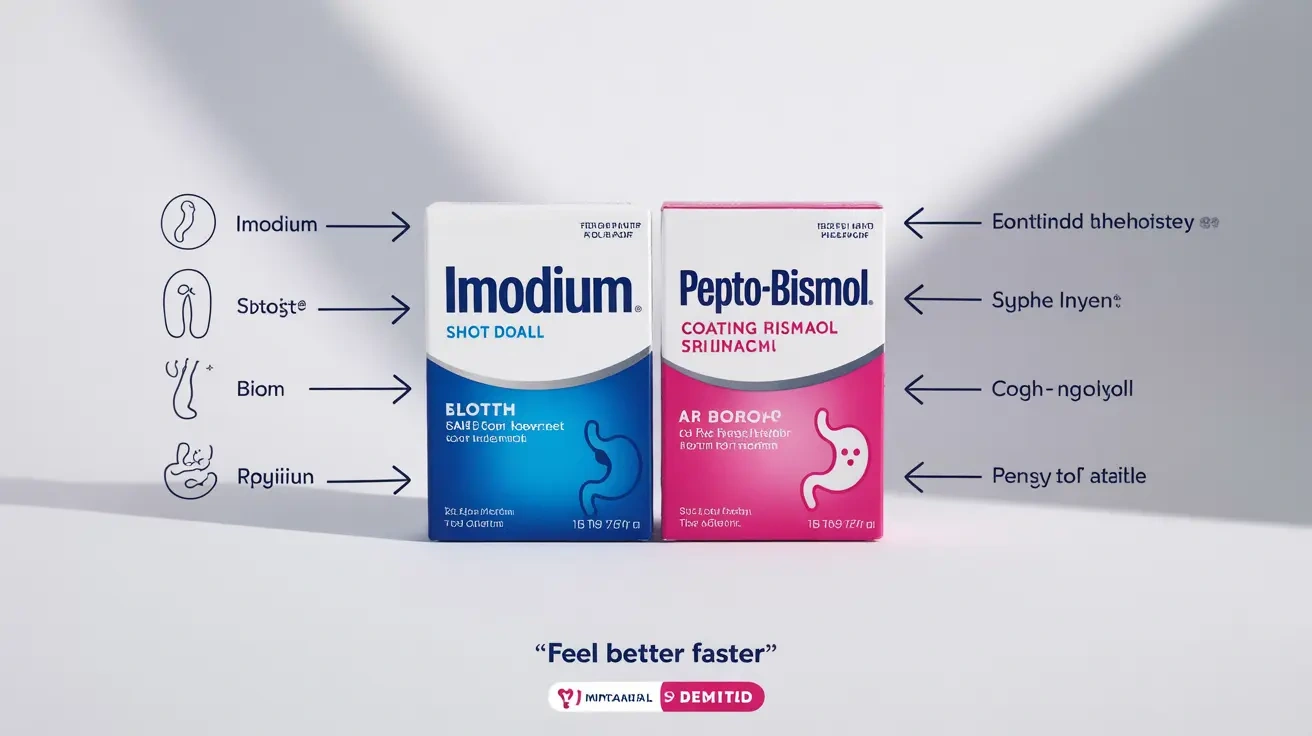





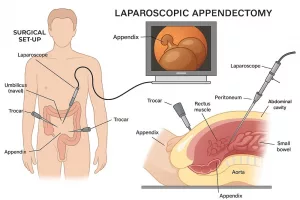
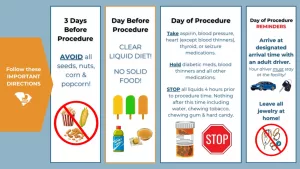


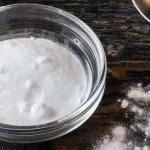





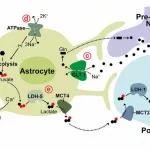







Leave a Reply
You must be logged in to post a comment.